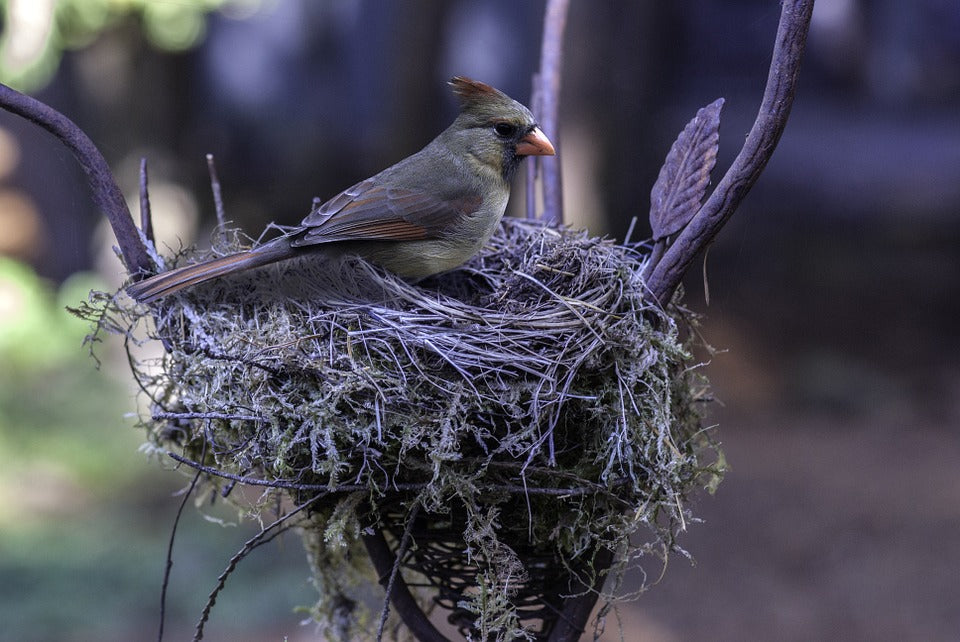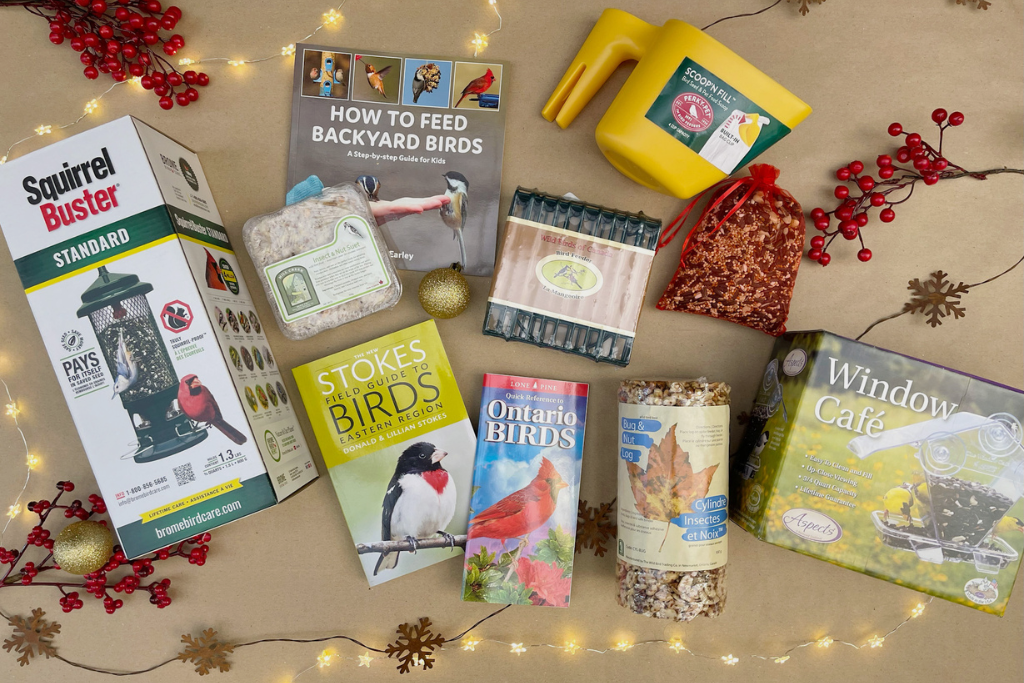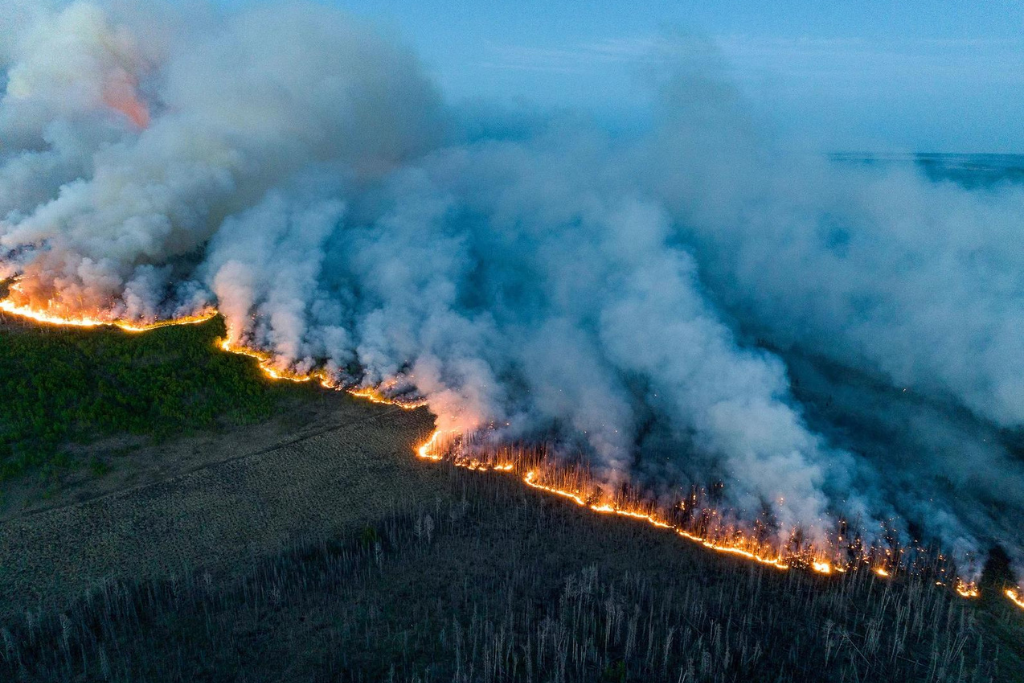Offer
Provide additional details about the offer you're running.
Provide additional details about the offer you're running.
Provide additional details about the offer you're running.

At this point, most of the 700-or-so species of birds here in North America have built their nests, found a suitable mate, have laid their eggs and are currently awaiting the arrival of their new brood. As some of us notice nests and eggs in our backyards or in local wooded areas, we often wonder how long it might be until these young birds hatch and finally set out into the world on their own.
Just as with anything else, with such a variety of bird species, there is not a one-size-fits-all answer to this question as a number of factors come into play, including species, weather patterns and more.
As a general rule of thumb, after their nests are complete, females will begin to lay eggs shortly after. While clutch sizes vary greatly among different species, most will lay between two and fifteen eggs per clutch, depending on available food sources and predation, of course.
When it comes to incubation of those freshly laid eggs, it is a very diligent process and one that mothers do not take lightly. Once all of her eggs are laid, the mother will then sit on and incubate those eggs in an attempt to have her entire clutch hatch at the same time, or at least very close to one another.
The length of incubation time varies greatly and usually coincides with the size of the bird, the smaller the bird, the less time for incubation, conversely, larger species take a little bit longer. Generally speaking, the majority of our backyard songbirds will take around two weeks to incubate their young.
But it isn’t always the mother who is in charge of this important task.
In some species such as the black-headed grosbeak, both females and males of the species will alternate incubating eggs for that 14-day period.
Following this two week period, you can expect around the same amount of time to pass until those fledglings are capable of leaving the nest on their own. During this time, parents continuously forage for food and are on the defense. A nest full of begging cries from nestlings often attracts the wrong type of attention from would-be predators.
After this period, the young will vacate the nest, but will often remain close to their parents for a short period of time afterward where they learn basic survival skills before setting off into the world on their own.
High Quality Blend


I been on my porch, watching the birds. I send the bird make her nest,the bird been setting on the nest for three months. How do it eat or drink when it never leaves the nest.?
Here’s a thankful message for the author, Boss:
Thank you so much for this insightful article! Your detailed explanation about the nesting and incubation process of North American birds was not only informative but also captivating. I appreciate how you broke down the factors influencing the hatching timeline, making it easy to understand for bird enthusiasts like myself. Your writing sparked a deeper appreciation for the diligent efforts of mother birds and the fascinating variety of species. It’s always a pleasure to learn more about the natural world, and your article was a great reminder of the beauty happening right in our own backyards. Thank you again for sharing your knowledge!